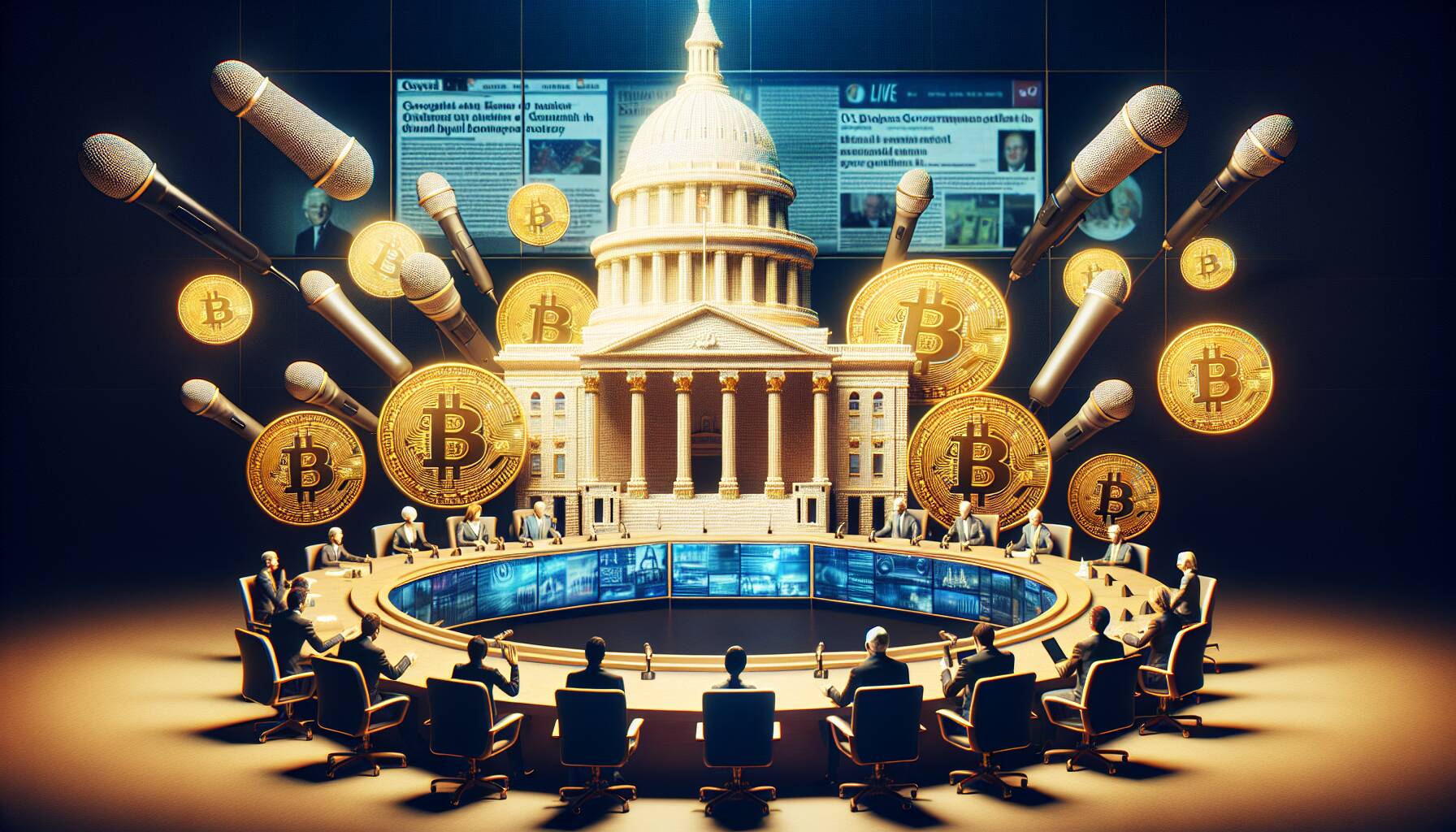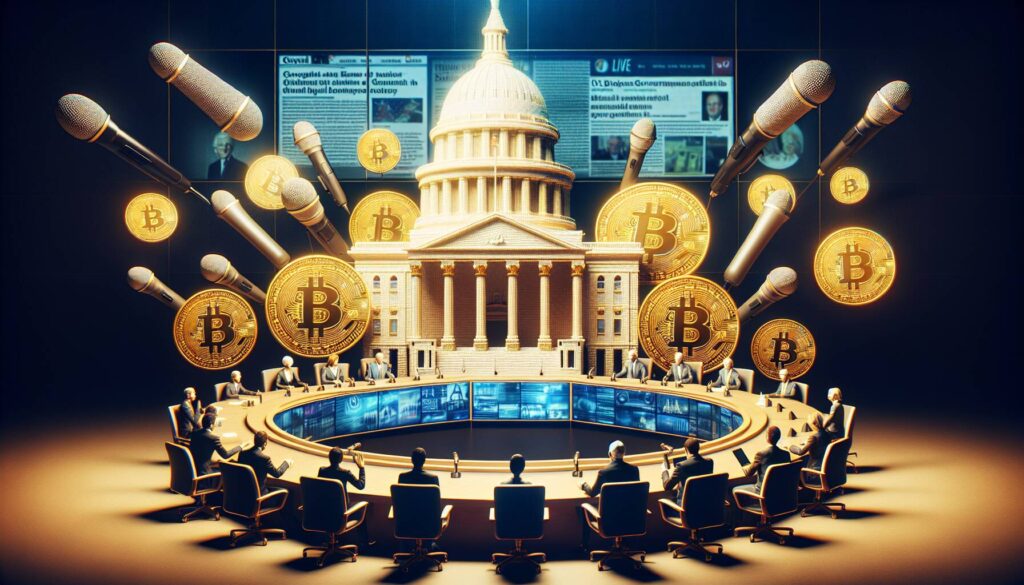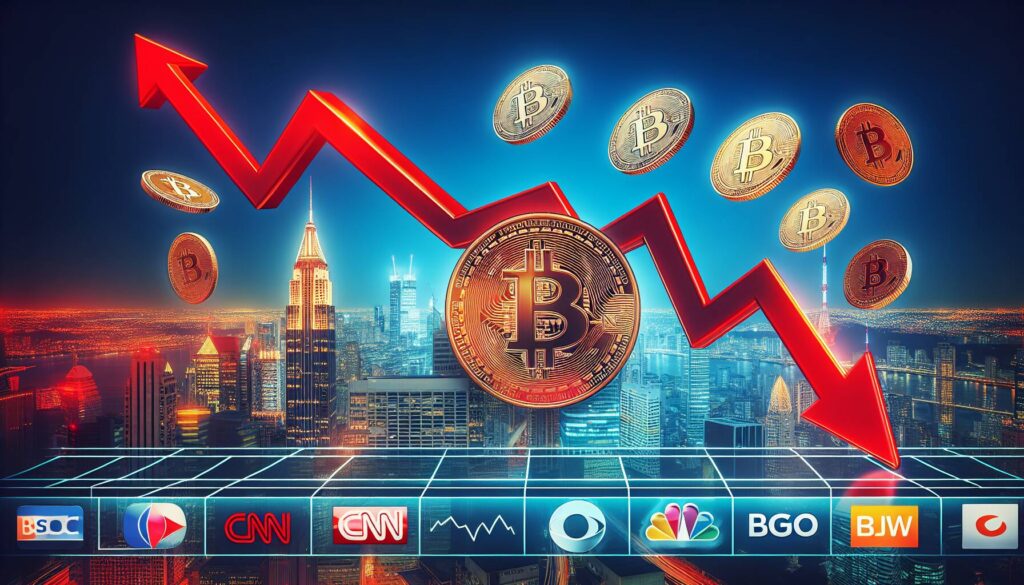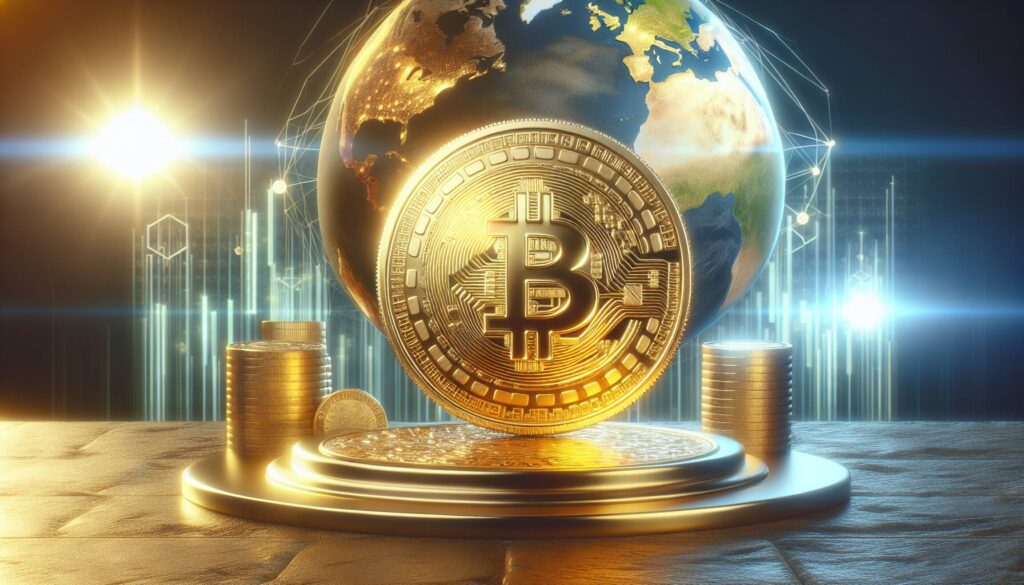The cryptocurrency landscape is buzzing with heated discussions, particularly around the possibility of the U.S. government acquiring Bitcoin (BTC) and other cryptoassets. While many enthusiasts within the Bitcoin community view this development as a potential endorsement of cryptocurrency, some skeptics raise cautionary flags, urging a more critical examination of its implications for both Bitcoin and the government.
Proponents of the acquisition suggest it could elevate Bitcoin’s status as a recognized global asset. However, critics argue against this notion, claiming that a purchase executed solely through executive action—without Congressional oversight—fails to secure Bitcoin’s future. They fear that such an acquisition could easily be overturned by subsequent administrations, creating volatility in the market and undermining long-term stability. If Bitcoin supporters genuinely believe in its value, they might want to call for appropriate legislative processes to set a solid foundation for such a Reserve.
“If Bitcoiners want a reserve to last, they should want Trump to seek Congressional authorization for a purchase.”
The potential for the U.S. to engage in direct holdings of Bitcoin raises further concerns. As the issuer of the world’s reserve currency, a pivot towards crypto could signal a lack of confidence in the existing dollar system. This might inadvertently increase interest rates as investors react to perceived instability, possibly even sparking fears of a government default. Critics worry that the government should focus on reinforcing faith in its financial obligations rather than experimenting with a crypto reserve that could disrupt the delicate balance of the current economic framework.
Interestingly, the U.S. already enjoys significant benefits from Bitcoin’s rising value. American citizens hold more Bitcoin than those in any other nation, resulting in substantial tax revenues during market upswings. This makes one question the necessity for government intervention in Bitcoin when the current system is already profitable for the state.
“The U.S. already benefits when Bitcoin goes up, through tax realizations—more than any other country.”
As the debate rages on, it becomes increasingly clear that the government’s potential involvement in cryptocurrency is a double-edged sword. While some Bitcoin enthusiasts look for regulatory support, the thought of a Crypto Reserve raises eyebrows about the future trajectory of Bitcoin—as both an asset and an ideology independent of governmental influence.
“Bitcoin has been one of the best performing investments in history, monetizing from nothing in 2009/10 to trillions of dollars in aggregate value in 2025.”

Reasons Against U.S. Government Acquisition of Bitcoin
The potential acquisition of Bitcoin by the U.S. government has sparked debate among Bitcoin enthusiasts. Here are the key points why this policy may not be favorable:
- Reversible Policy
- The acquisition via executive order may be easily undone by subsequent administrations.
- A robust Congressional authorization is needed for long-term stability.
- Impact on Global Currency
- The introduction of a Crypto Reserve could destabilize the current dollar system.
- This change might increase investor uncertainty and raise interest rates.
- Existing U.S. Exposure
- The U.S. already benefits from significant private sector Bitcoin ownership.
- Tax revenues from Bitcoin gains provide value without direct government holding.
- Lack of Strategic Value
- Unlike oil or rare minerals, Bitcoin lacks clear utility in national reserves.
- This raises questions about the rationale behind a Crypto Reserve.
- Dilution of Bitcoin’s Value Proposition
- A Crypto Reserve could blur the distinct value of Bitcoin compared to other cryptocurrencies.
- Principled Bitcoiners should advocate for either an exclusive Bitcoin reserve or none at all.
- Independence of Bitcoin
- Bitcoin has thrived without government backing, showcasing its resilience.
- Government involvement may politicize Bitcoin, undermining its apolitical nature.
- Public Perception and Backlash
- A government crypto acquisition could lead to backlash due to perceived favoritism towards wealthy Bitcoiners.
- This may create a rift between the broader public and the crypto community.
- Self-Interest Concerns
- The proposal may raise ethical questions regarding Trump’s personal crypto investments.
- Perceptions of corruption could complicate legitimate regulatory efforts in the future.
This debate raises significant considerations for Bitcoin’s future and the perceived role of government in cryptocurrency, potentially impacting the investment decisions of both individual and institutional stakeholders.
The Complex Implications of a U.S. Government Crypto Reserve
The prospect of the U.S. government acquiring Bitcoin and other cryptoassets has stirred significant debate within the cryptocurrency community. While many enthusiasts view this as a revolutionary step toward the legitimization of digital currencies, a closer examination reveals a more nuanced reality. Notably, there are some comparative advantages and disadvantages to consider, particularly when juxtaposed with current trends in cryptocurrency regulation and adoption.
Advantages: One potential positive outcome of a government-backed crypto reserve could be the validation of Bitcoin as a legitimate financial asset. This move could usher in a new wave of institutional investment and spark heightened interest from those wary of crypto due to its speculative reputation. By establishing a reserve, the U.S. government might also foster a sense of stability in the otherwise volatile crypto market, attracting more conservative investors who might have previously avoided digital assets out of fear.
Moreover, this approach could enhance the government’s understanding of blockchain technology, leading to improved regulatory frameworks. The U.S. becoming a proactive participant in the crypto space rather than an adversary might bolster global leadership in the evolving digital economy, positively influencing international market dynamics.
Disadvantages: On the flip side, there are substantial drawbacks that could jeopardize both Bitcoin’s integrity and the U.S. position in global finance. Foremost is the risk of political volatility; executive decisions surrounding a crypto reserve could easily be reversed by subsequent administrations, leading to instability in the asset’s value. This would not only undermine Bitcoin’s credibility but could potentially provoke cascading effects within the broader crypto community, sparking a lack of trust in government-backed initiatives.
Furthermore, positioning Bitcoin as a strategic asset alongside traditional commodities could disrupt existing dollar markets. Such a paradigm shift might trigger uncertainty among investors about the dollar’s future, adding pressure to already high-interest rates and risking the country’s reputation as the issuer of the global reserve currency.
Beneficiaries and Detractors: Small-time Bitcoin investors and enthusiasts could find themselves in a precarious position. While some might celebrate the potential for value appreciation driven by government interest, the looming threat of a backlash against taxpayer-funded speculation could alienate the broader American public, possibly turning sentiment against the very currency they champion. The public perception that the government is bailing out wealthy crypto investors will likely alienate average citizens who are apprehensive about wealth inequality.
In essence, while the idea of a U.S. Crypto Reserve may tantalize some corners of the crypto community, its implications raise critical questions about the long-term viability of Bitcoin as a truly decentralized currency. The dichotomy between its potential to legitimize cryptocurrency and the pitfalls of government intervention is an ongoing tension that must be navigated carefully, lest it undermine the very principles that Bitcoin was built upon.















